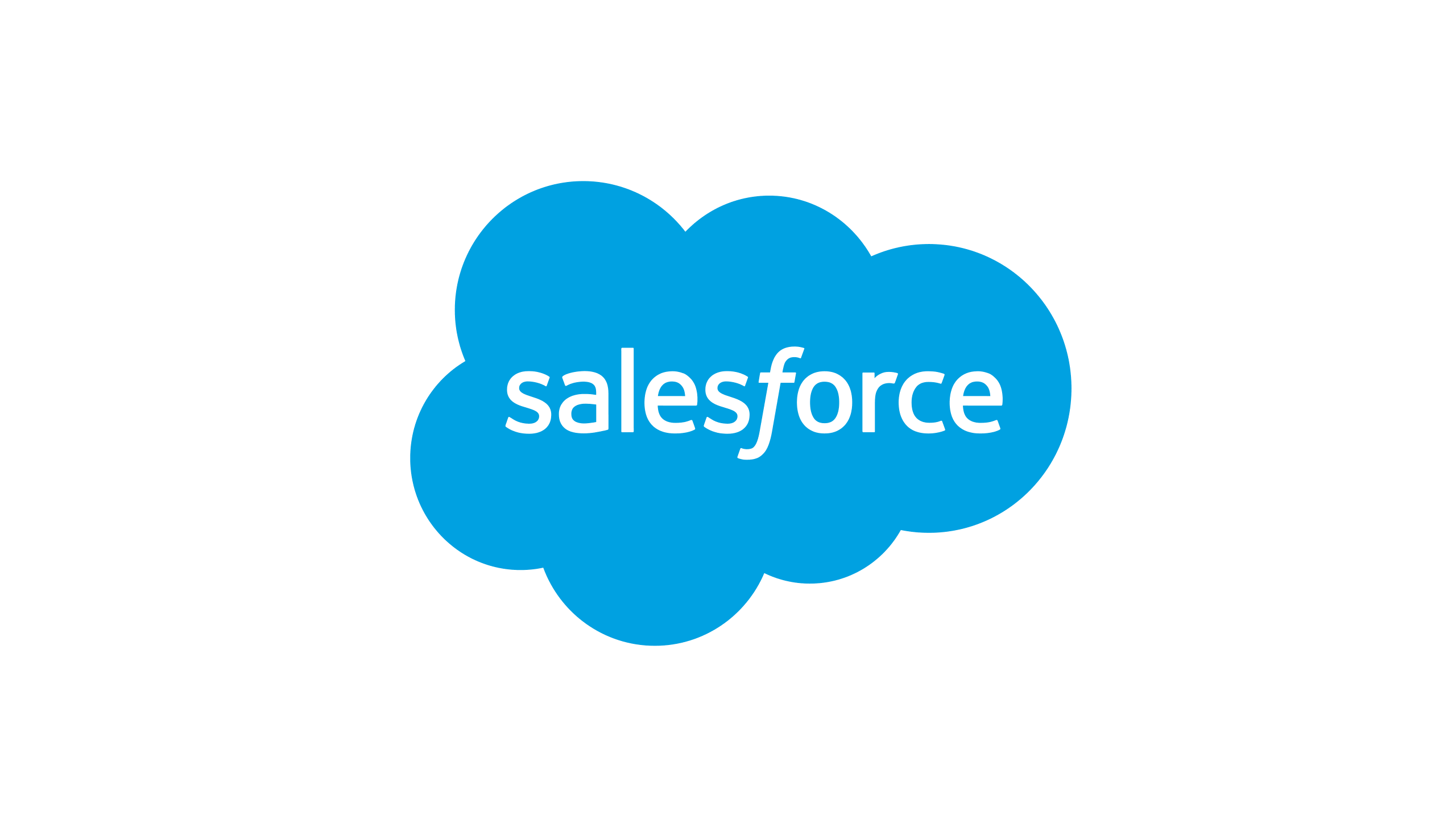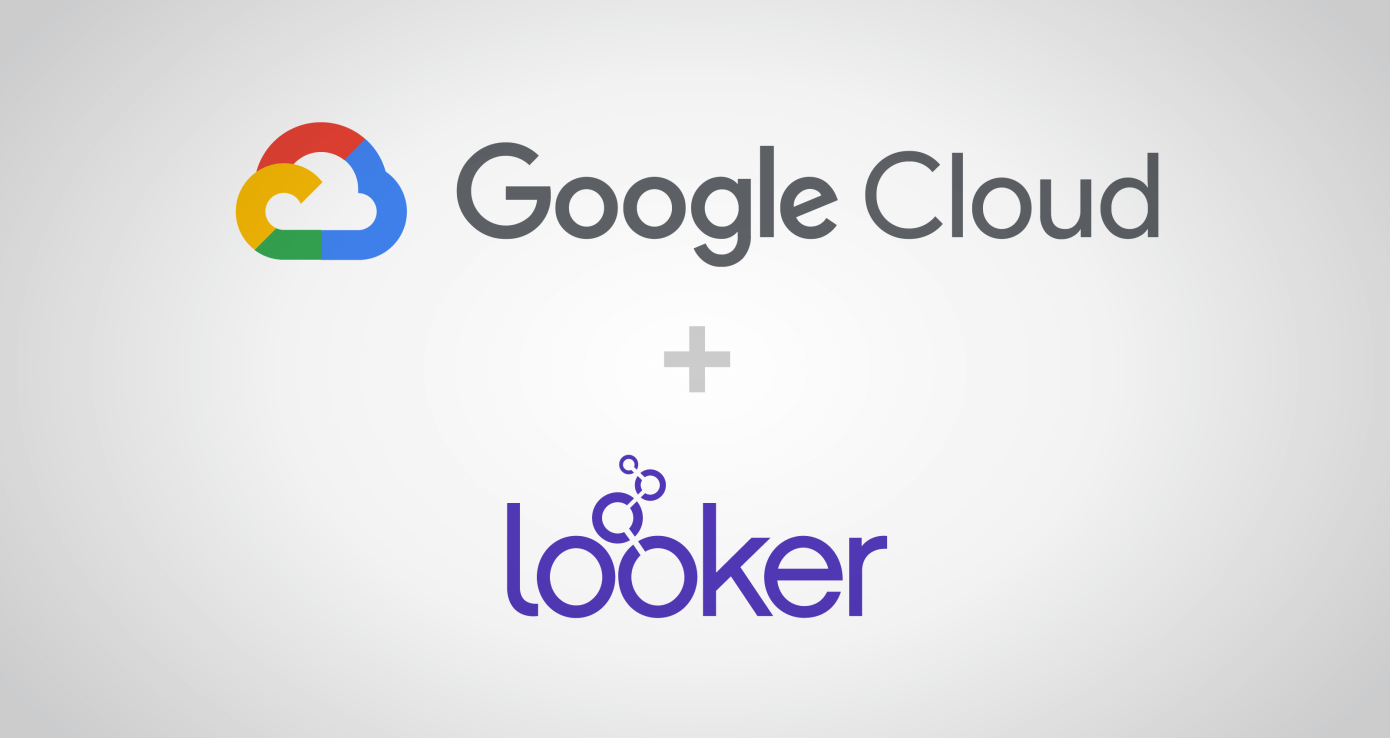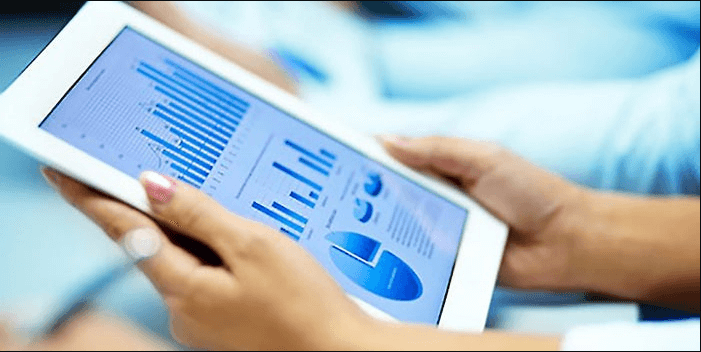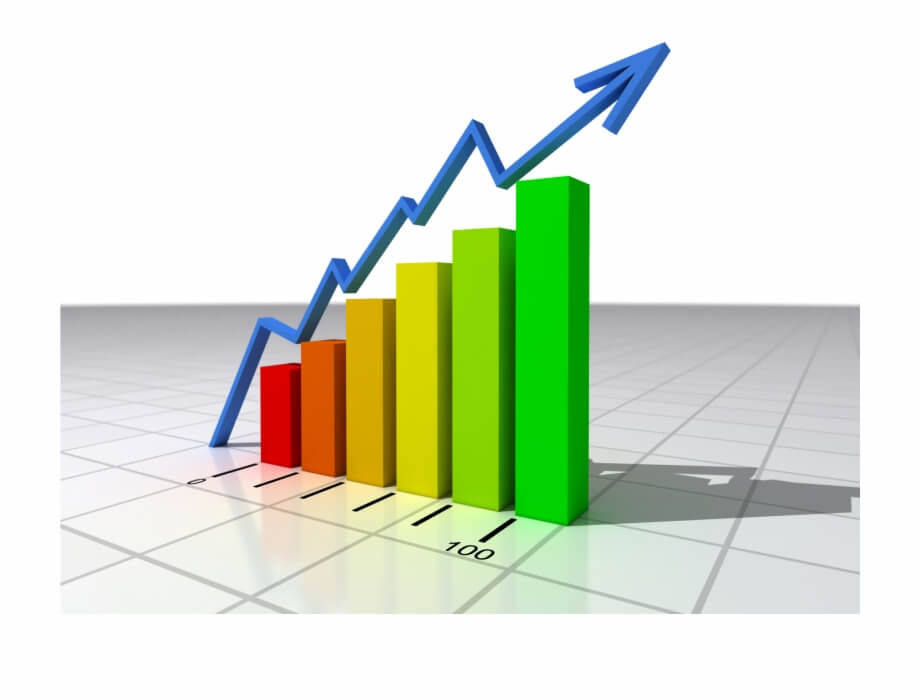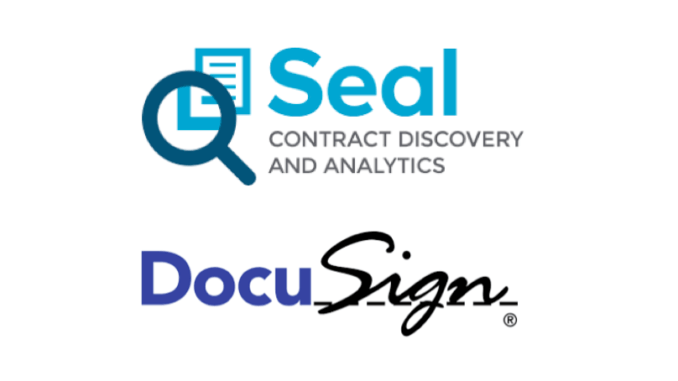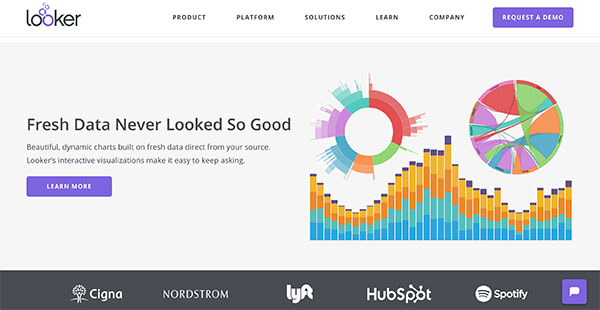Maybe the most important question that prospective customers ask about BI is 'How can a BI tool actually help my business?' This is a valid question - it's not always clear how specifically a BI tool can benefit a business.
Businesses need to be sure that they're going to get a return on their investment before they hand over a bunch of money to a BI vendor. Before a business buys a BI tool, and probably even before they start looking in earnest for a BI solution, they'll want to know what a BI tool can accomplish for them.
The sorts of benefits that a BI tool can bring to a business aren't always clear. A lot of marketing materials from BI vendors talk in vague terms about 'driving insight' or 'automating workflows', but they don't really get into specifics on how they help businesses boost their profits.
Often, it's hard to talk in specific terms about how a BI tool helps a business, since much of the value that a BI tool brings is intangible. It's hard to put a price on the sort of value that a BI tool gives to a business, and even harder to put it into a budget or financial report.
That's not to say that businesses won't notice a difference when they implement their BI tool. BI tools are transformative; they can massively change how a business operates and the overall value of those operations. It's just that these changes are often hard to track on a spreadsheet.
However, executives generally want to see a tangible return on their investment. Executives don't want to be told how a BI tool changes a business's data strategy, they want to be told that the BI tool boosted X metric Y% in the first three months after implementation.
Organizations that want executive buy-in on their BI tool need clear answers to some simple questions. How will a BI tool benefit my business? What sort of improvements can a BI tool bring to my business? How will a BI tool affect my bottom line? In short, is a BI tool worth it?
We'll try to answer those questions. BI tools are a valuable, effective resource, and it's a shame whenever a business gives up on a tool six months after implementation because they didn't see clear, tangible benefits.
Analyzing data for insight
At its core, how does a BI tool help a business? A BI tool helps a business to use its data more effectively, in a few different ways.
Even businesses that don't think that they have a large data presence have a large amount of data. Basically every company that uses business software ends up collecting data with that software, even if they don't intend to. This data changes from business to business, but it usually contains financial data, customer and client data, data about internal processes, and other miscellaneous data points.
In its raw form, this data isn't particularly useful to any business. For one, business data tends to be decentralized. It lives in the software that it's been collected in, and it's almost impossible to connect data from different sources in any meaningful way.
It's also very hard to analyze in any sort of consistent, programmatic way. While many pieces of business software now offer some kind of analytics or reporting feature, these tend to be pretty anemic, and can only analyze data from that tool.
The data that a business collects has the potential to be extremely valuable, if the business can analyze it in the right way. With a tool that centralizes the data, so it can all be analyzed together, and a tool that's powerful enough to actually do complex analytics, businesses can unlock the value of their data.
That's what a BI tool does - it collects all the data from the pieces of business software that an organization uses, stores it all in the same place, and analyzes it to find trends and relationships in the data.
But why is data analysis so important? For businesses that don't already perform analysis on their data, it's not clear why data analysis is so valuable. BI tools are expensive pieces of software, and businesses need to know why data analysis is worth the expense.
Data analysis is the process of transforming data from a raw form into a form that can be understood easily, and then running statistical models on that data in an attempt to find trends and relationships.
Finding these trends and relationships can be very valuable. With better knowledge of the trends and relationships that drive their data, businesses can find insights and gain a greater knowledge of their business operations.
For example, a retailer may use their BI tool to analyze their customer's demographic data. They might find that a large percentage of current sales are going to a demographic segment that they aren't currently targeting. With this new knowledge, they can better target that demographic segment.
Before they analyzed their data, they didn't even know that potential customer base existed. Their BI tool didn't physically cut them a check to boost their bottom line, but it did give them access to a new customer base which improved their prospects.
This sort of insight is where a BI tool provides a large portion of its value. Through data analysis, businesses can leverage the resources they already have in more efficient ways. They can also find new avenues for revenue that might not have been visible without that sort of holistic analysis.
Streamlining business processes
BI tools are also helpful for monitoring a business's key metrics in a holistic way. Without a BI tool, a business's data reporting strategy is usually pretty lacking. Employees have to collect reports and track data sources across a wide range of tools, and they might have to access two or three tools just to find the data for one metric.
Even after employees have collected this data, it's generally a pain to track this data in real time, if they even can. At many businesses, creating these reports often involves manually entering data into spreadsheets and emailing these spreadsheets to the people who need the reports.
Even after an employee has created a report, it still isn't really useful. Either they have to share it as a generic table, basically just numbers on a page, or they have to graph it themselves in some way. Both of these approaches are problematic for different reasons.
It's time-consuming and frustrating to try to manually make a chart or graph in a tool like Excel, but it's even more time-consuming and frustrating to try to make sense of a complex data set that hasn't been visualized. Businesses need easy-to-use, powerful visualization tools, so that they can actually make sense of their data.
In today's data-driven world, this sort of approach just isn't feasible. Businesses that want to stay competitive need to react to changes quickly, and they need reporting tools that can handle that. That's where a BI tool comes in.
BI tools can combine data from multiple sources, making collating data from different tools much less time-consuming. It's very easy to create a data set that combines data from multiple sources, so that businesses can easily track metrics that would otherwise be extremely hard to access.
Dashboards and other visualization tools mean that users don't have to go hunting for the metrics that they need. Users can put all the KPIs they need to do their job on one dashboard, so that they only have to access one page to get all of their information.
With automatic data updates, businesses can use their BI tool to honestly, actually track data in real time. Most BI tools also have alerting capabilities, so that if there's an unexpected change to a key metric, stakeholders can find out as soon as it happens.
Last, but not least, BI tools make data visualization easy. BI tools can automatically build visualizations from their data, which massively helps users to understand the implications of the data. Data visualization is an extremely powerful tool, and at some businesses, just the ability to easily chart and graph data sets will be revolutionary.
BI - Boosting Your Bottom Line
Data analysis and KPI visualization are just some of the most basic ways that businesses can benefit from a BI tool. They're by no means the only way that businesses can benefit from them; there are almost infinite ways that increased data leverage can help businesses.
However, BI vendors can rarely make claims like 'Our tool will boost your lead generation by 20%' or 'Our tool will save you 3 hours of work a week'. Since the benefits of a BI tool are so customer-specific, it's hard to make any specific claims about what a BI tool can do for a business.
In general, though, business intelligence tools help to centralize and streamline an organization's data strategy. They allow businesses to access insight that was completely invisible before, and they allow them to analyze data in new and complex ways.
BI tools make monitoring KPIs and other data streams in real time much easier; in many cases, they're what makes monitoring data in real time possible. They also make data visualization much easier. With data visualization tools, businesses can much more easily share their data and discuss its implications with people who aren't data experts.
Perhaps most importantly, BI tools centralize all of a business's data. Users don't have to go searching through all their different tools and apps to find the data they need; it's all in one place, and it's easy to find.
While BI tools may not visibly contribute to a business's revenue or clearly help businesses save on expenses, they provide all sorts of intangible benefits that revolutionize how the business interacts with their data. This improved data use can bring all sorts of different benefits to a business, through any number of different channels.

